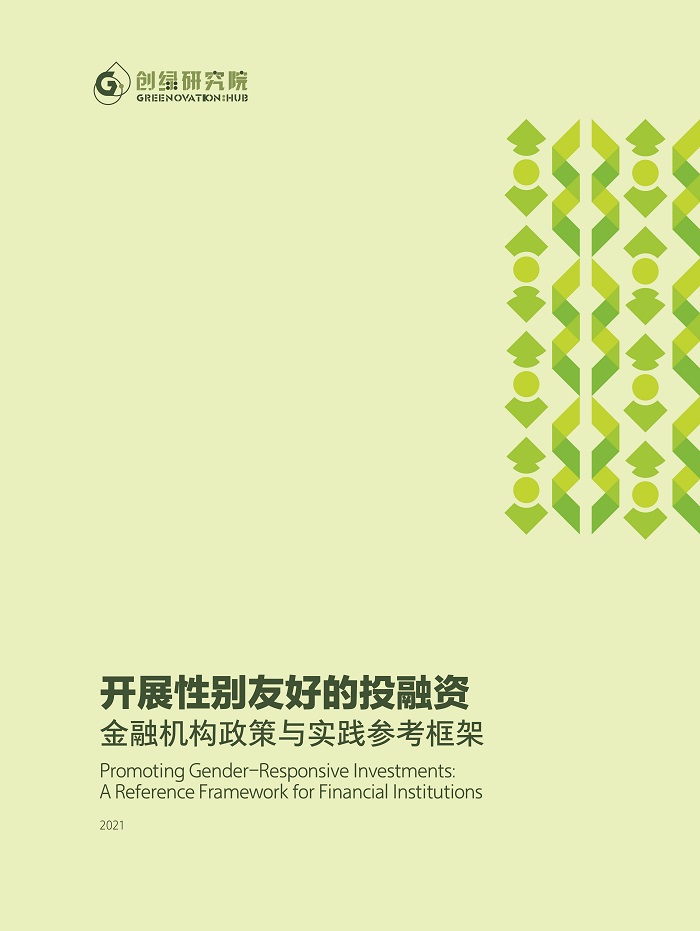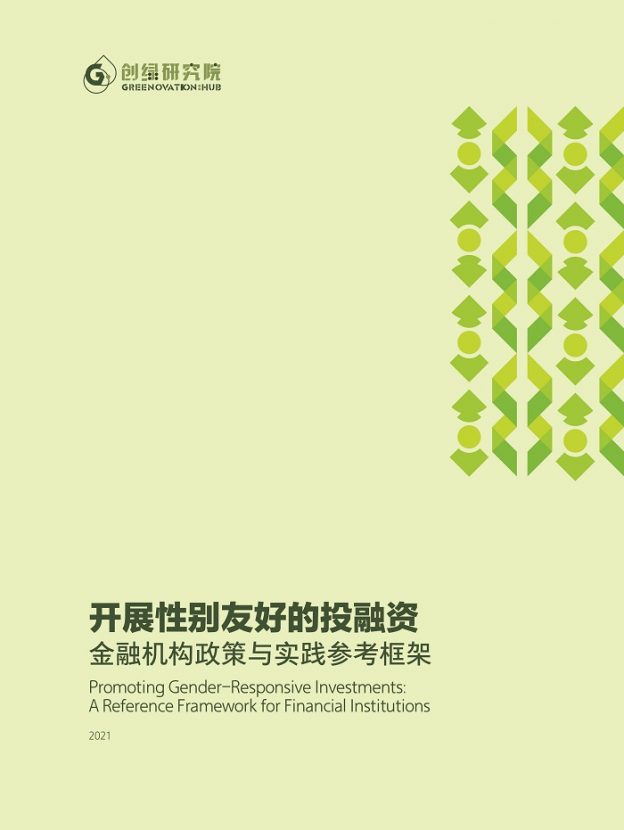
As China launched the ‘Belt and Road Initiative’ (BRI), promotes and leads the establishment of the global green financial system, and launches the China South-South Climate Cooperation Fund, it assumes an increasingly important role in global development and environmental governance. Most of the BRI countries are developing countries, which have great demands for infrastructure construction and energy development. At the same time, these areas are still in the developing stage in terms of environmental and social governance. Previous studies have focused on the environmental impact of China’s outbound investment and financing activities and relative evaluation and mitigation methods, but paid less attention to the social dimension, especially the gender impact.
However, on a global scale, women have less access to information, job opportunities, and economic resources than men, are more vulnerable to violence such as gender-based violence, and lack decision-making power and voice channels. Foreign investment projects that do not consider local gender relations, its employment, working environment, and relationships with local communities might lead to women’s reduced access to new opportunities or even harms to women, which in turn affects Chinese financial institutions and investors.
In October 2020, President Xi Jinping delivered an important speech at the High-level Meeting on the Twenty-fifth Anniversary of The Fourth World Conference on Women. He stated that it is necessary to ‘build a world in which women are free from discrimination as well as a society of inclusive development’, enhance global cooperation in advancing women's development, and contribute to achieving the goals of the United Nations’ 2030 Agenda for Sustainable Development. Chinese financial institutions have generally considered women’s unique needs in terms of employee treatment and working environment. However, when it comes to international development cooperation and outbound investment and financing, they have not yet incorporated gender sensitivity into their investment and financing policies.
In this context, this report analyses the experiences of international financial institutions in adopting gender mainstreaming, including Multilateral Development Banks (MDBs) and National Development Financial Institutions (NDFIs), as well as some International Commercial Financial Institutions. This report proposes a reference framework for financial institutions to conduct gender-responsive investment and financing activities from three aspects: institutional governance, investments, and other activities such as external partnerships. It also proposes specific recommendations for Chinese policy banks and commercial financial institutions. We hope this report can promote dialogues on gender-responsive investment and financing among practitioners in financial sector, and look forward to the engagement of experts and stakeholders in various fields to collectively explore and promote China’s sustainable and inclusive international cooperation.



 PDF
PDF
